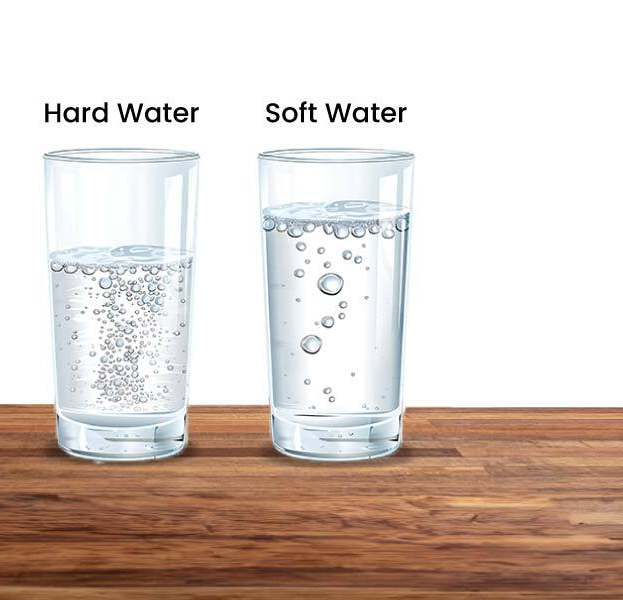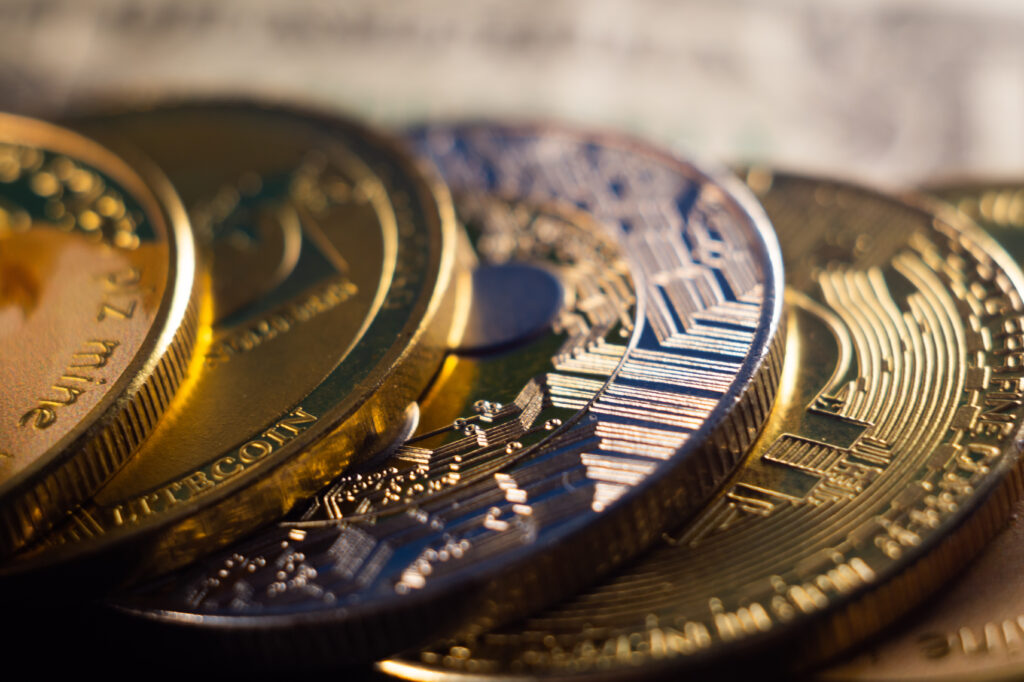Now Reading: Hard Water Might Be Why Your Hair Feels Dry and Lifeless 2025
-
01
Hard Water Might Be Why Your Hair Feels Dry and Lifeless 2025
Hard Water Might Be Why Your Hair Feels Dry and Lifeless 2025

Table of Contents
Hard water Many people blame their hair problems on shampoo, pollution, or weather changes. But what if the real culprit is the water you use every day? water, which contains high levels of minerals like calcium and magnesium, is a hidden cause of several common hair issues. It’s often overlooked but can quietly damage your hair over time.
In this article, we’ll explore what water is, how it affects your hair, signs you might have water damage, and simple ways to protect your hair from it.
What Is Hard Water?
water is water that has a high concentration of dissolved minerals, especially calcium and magnesium. These minerals are not harmful to health, but they can cause problems in daily life, such as leaving stains on clothes, spots on dishes, and buildup in pipes and appliances.
When water is used to wash hair, these minerals stick to the scalp and hair strands. Over time, this buildup creates a barrier that prevents moisture and nutrients from reaching the hair. This is where hair trouble begins.
How Hard Water Affects Hair
The effects of water on hair are not immediate, but they build up over time. Here are the most common ways water can damage your hair:
1. Dryness and Frizz
Hard water strips natural oils from the scalp and hair. Without these oils, your hair becomes dry, frizzy, and harder to manage. Even conditioners may not work as well because the mineral buildup blocks their absorption.
2. Dull and Lifeless Hair
Mineral residue coats your hair shaft, making it look dull and rough. Even if you use expensive shampoos or hair masks, they may not bring back the shine if the buildup remains.
3. Increased Hair Breakage
When your hair is dry and brittle due to hard water, it becomes more prone to breakage. You may notice more split ends or strands breaking off while combing or styling.
4. Hair Thinning and Hair Fall
Though hard water doesn’t directly cause hair loss, the mineral buildup can clog hair follicles on your scalp. This may reduce hair growth and lead to thinning over time.
5. Scalp Irritation and Dandruff
Calcium and magnesium can disrupt the pH balance of your scalp. This leads to dryness, itchiness, and sometimes flaky dandruff. In some cases, it may even trigger scalp conditions like eczema.
6. Difficulty in Lathering Shampoo
Hard water doesn’t lather well with soap or shampoo. You may end up using more product to get the same effect, which adds to product buildup and hair stress.
7. Color Fading in Dyed Hair
If you color your hair, hard water can be even more damaging. It causes color to fade faster and alters the shade over time, leading to uneven or brassy tones.
Signs You May Have Hard Water at Home
Not sure if hard water is to blame for your hair troubles? Here are a few signs:
- Your shampoo doesn’t lather easily
- Hair feels heavy or coated after washing
- You notice white chalky buildup on taps or tiles
- Your skin feels dry or tight after bathing
- Clothes feel stiff after washing
If you relate to several of these signs, there’s a good chance you’re using hard water.
How to Protect Your Hair from Hard Water
The good news is that you don’t have to suffer from hard water damage forever. Here are some practical ways to reduce its effects:
1. Install a Water Softener
A long-term solution is to install a whole-house or shower water softener. These systems filter out excess minerals, giving you soft water that’s gentler on your hair and skin.
2. Use a Clarifying Shampoo
A clarifying shampoo once a week can help remove mineral buildup. Look for one that’s sulfate-free and formulated to detoxify the scalp. Don’t use it too often, as it can also strip away natural oils.
3. Try a Vinegar Rinse
An apple cider vinegar rinse helps to break down mineral buildup. Mix 1 part vinegar with 3 parts water and use it after shampooing. Rinse it out thoroughly. This also balances your scalp’s pH.
4. Apply Leave-In Conditioners and Serums
Since hard water dries out hair, regular use of leave-in conditioners or hydrating serums can help protect and soften your strands.
5. Oil Your Hair Regularly
Coconut, almond, or argan oil can form a protective layer against mineral damage. Apply oil once or twice a week before washing your hair.
6. Use Filtered or Bottled Water for Final Rinse
If you can’t install a water softener, rinsing your hair with filtered or bottled water at the end of a shower can reduce mineral residue.
7. Talk to a Dermatologist or Trichologist
If your hair damage is severe or long-term, consult a specialist. They can recommend professional treatments to remove buildup and restore hair health.
Is Hard Water Harmful to Everyone?
Not necessarily. Some people may not notice any difference, especially if they have short or oily hair that is washed frequently. However, for people with long, curly, dry, or color-treated hair, the effects can be more pronounced.
Also, if your home has very hard water, the damage may appear faster and affect more than just your hair your skin, clothes, and plumbing might also suffer.
Final Thoughts
Hard water is a silent enemy of healthy hair. While it may seem harmless, prolonged exposure can lead to dryness, breakage, and other hair issues. But with the right steps like using clarifying treatments, installing filters, and moisturizing regularly you can protect your hair from damage.
Understanding what’s in your water is the first step to restoring the shine, strength, and softness of your hair. If you’ve been struggling with unexplained hair problems, it might be time to take a closer look at your tap.
Read More:- Shobha Realty Launches Its Most Luxurious Project Yet—Full Details Inside 2025






















